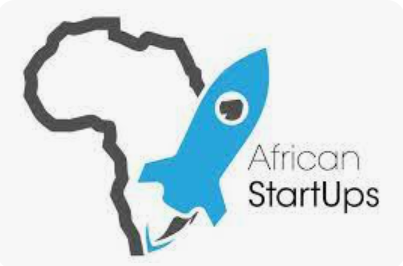Paragraph 1: A Positive Start to 2025 for African Startup Funding
The African startup ecosystem commenced 2025 with a surge of optimism, securing nearly $300 million in funding during January. This represents a significant increase compared to the $85 million raised in January 2024 and marks the second-best January performance since at least 2019, trailing only January 2022 during the peak of the funding boom. This positive momentum suggests renewed investor confidence in the continent’s burgeoning tech scene. The majority of this funding, approximately $262 million, came in the form of equity, underscoring a preference for long-term investment in these ventures.
Paragraph 2: Performance Context and Deal Breakdown
While 2024 witnessed a decline in overall funding compared to the preceding year, raising $2.2 billion across equity, debt, and grants (excluding exits) compared to $2.9 billion in 2023, the January 2025 figures provide a hopeful counterpoint. The $289 million raised in January 2025 was distributed across 40 deals exceeding $100,000 each, including a notable 26 deals surpassing $1 million. This indicates a healthy mix of early-stage and more mature companies attracting investment. Although the number of deals in January 2025 was lower than in the previous three years, the increased value of individual deals signifies a trend towards larger funding rounds.
Paragraph 3: Dominance of the Big Four and Geographic Expansion
The "Big Four" – Kenya, Nigeria, Egypt, and South Africa – continued their dominance, capturing 84% of total startup funding in Africa during 2024, a pattern mirroring 2023. This concentration highlights the established ecosystems and investor familiarity within these markets. Interestingly, in January 2025, three out of the four largest deals, which collectively accounted for nearly 60% of the total funding raised, involved companies with plans for geographic expansion beyond their home markets, either within Africa or to other continents. This signals a growing maturity within the African startup landscape, with companies leveraging their initial success to target larger markets and scale their operations.
Paragraph 4: Exploring the Major Deals and Their Implications
Delving deeper into the key deals of January 2025, several significant investments stand out. PowerGen, an energy company, raised over $50 million to develop scalable distributed renewable energy solutions across Africa, addressing a critical need for sustainable power infrastructure. Fintech company LemFi secured $53 million to fuel its expansion into Asia and Europe, demonstrating the global ambitions of African fintech innovators. InsureTech company Naked bagged a $38 million Series B round to automate and expand its product offerings, highlighting the potential of technology to disrupt traditional insurance models. Finally, Enko Education secured $24 million to continue expanding its network of schools across Africa, indicating the ongoing investment in the continent’s human capital development.
Paragraph 5: Positive Signals and Future Outlook
The strong start to 2025 offers encouraging signs for the African startup ecosystem. The increased funding, larger deal sizes, and focus on geographic expansion suggest a maturing market with ventures poised for significant growth. The success of companies in diverse sectors, including energy, fintech, insuretech, and education, underscores the breadth of innovation across the continent. While challenges remain, the January 2025 performance provides a platform for continued growth and investment in the African tech sector. The second-best January performance in terms of equity funding since at least 2019 speaks volumes about the increasing investor interest in the potential of African startups.
Paragraph 6: Navigating Challenges and Sustaining Momentum
Despite the positive start to the year, it is crucial to acknowledge the challenges that persist in the African startup ecosystem. Access to funding, regulatory hurdles, and infrastructure limitations can hinder growth and scalability. Maintaining the momentum witnessed in January 2025 requires continued efforts to address these challenges and foster a supportive environment for entrepreneurship. Collaboration between governments, investors, and startups will be essential to unlock the full potential of the African tech sector and drive sustainable economic development. The focus on larger deals and expansion into new markets suggests that African startups are increasingly attracting the attention of global investors, which could further fuel growth in the coming months and years.














